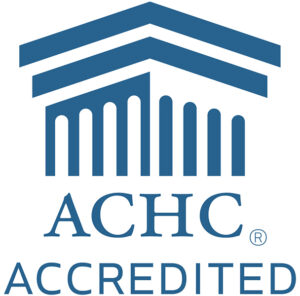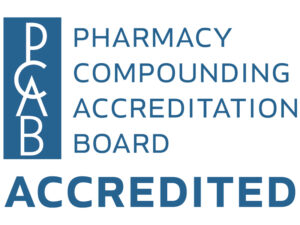Category
COVID-19
Check out our wholly-owned subsidiary, Continuum Health.
We’re redefining the infusion experience by providing patients with full-service, relaxing infusion facilities.
Check out our wholly-owned subsidiary, Continuum Health.
We’re redefining the infusion experience by providing patients with full-service, relaxing infusion facilities.
Check out our wholly-owned subsidiary, Continuum Health.
We’re redefining the infusion experience by providing patients with full-service, relaxing infusion facilities.
© 2024 ContinuumRx




